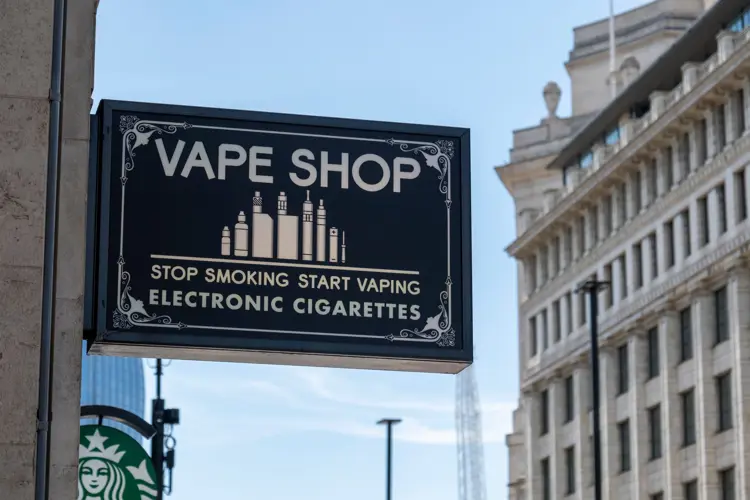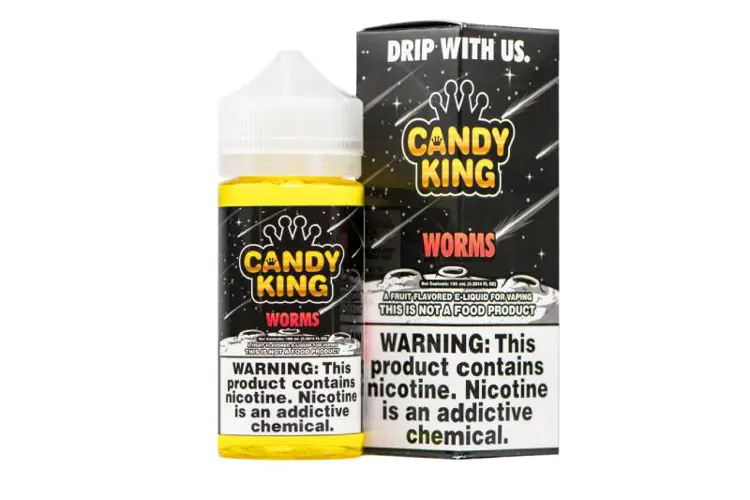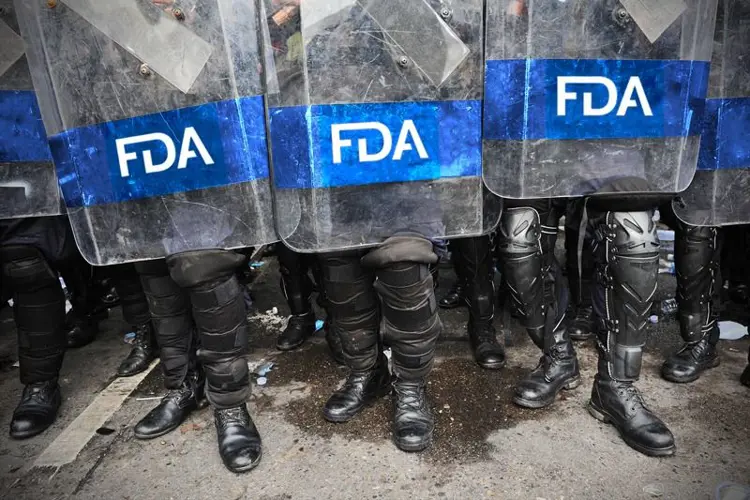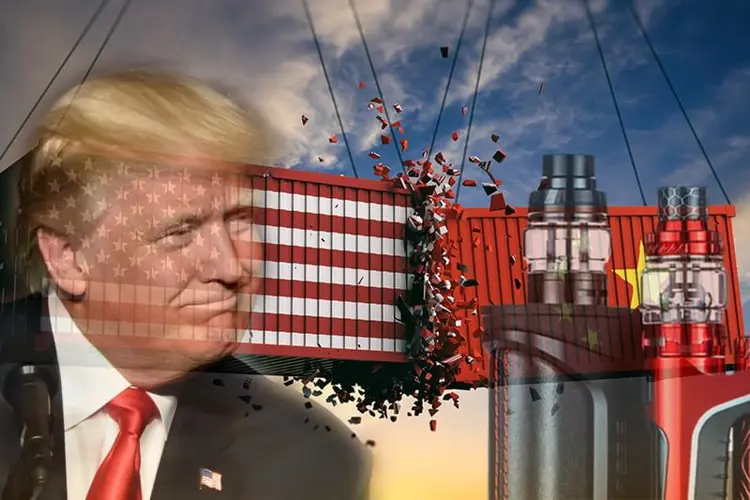If you had to guess what the largest vape shop sales obstacle was for vape shops in 2020, you’d probably say the coronavirus pandemic. And you'd be wrong.
According to a survey of vape shops by market research company ECigIntelligence, it was news coverage of last year’s vaping-related lung injury outbreak that caused the most damage to small vape business sales this year. The lung injuries were caused by black market THC oil cartridges that were diluted with vitamin E acetate—not by commercial nicotine vaping products sold in vape shops.
Although cannabis industry observers and state health departments identified vitamin E acetate as the likely culprit early in the outbreak, the Centers for Disease Control and Prevention (CDC) continued to warn the public that the lung damage was caused by “e-cigarettes”—a term used solely for nicotine products—and most news outlets followed the federal agency’s lead in their reporting. Even in February 2020, when CDC finally closed the books on the outbreak, the agency refused to rule out the possibility that nicotine products weren’t partly responsible.
“At a time when accuracy in reporting is under the national spotlight, this is a vivid illustration of the real damage that can be caused by irresponsible journalism,” said ECigIntelligence editorial director Barnaby Page.
The average vape store experienced an 18 percent decline in sales between 2019 and 2020, with 80 percent of surveyed stores reporting a loss, according to ECigIntelligence.
The coronavirus pandemic was the second-biggest factor in vape shop sales losses this year. Many states and municipalities forced retail stores to close during the spring, and some are now instituting a second round of business closures, as COVID-19 cases and hospitalizations begin to climb dangerously again.
According to ECigIntelligence, flavored vape product bans had little effect on the surveyed stores, with just seven percent reporting a decline caused by flavor restrictions. However, the stores most seriously affected by those laws may have already closed permanently when the survey was done in August and September.
Four states imposed a flavor ban between last winter and this spring:
California also passed a flavor ban in August, which was set to take effect in January 2021. But a coalition of tobacco companies and retailers have (probably) collected enough signatures to suspend the law until California voters can decide whether to keep or overturn it in a referendum in November 2022.
The FDA is currently reviewing e-liquid manufacturers’ Premarket Tobacco Applications (PMTAs), which were due to the agency on Sept. 9. E-liquid is the primary profit driver for most vape shops. Without the ability to offer a wide variety of e-liquid flavors and styles, few retail vaping businesses have any hope for long-term survival. If the FDA decides to deny most e-liquid manufacturers’ PMTAs, it will spell the end for most, if not all, vape shops.
Many shops have already closed in the past few years. In addition to challenges posed by the “EVALI” outbreak, the coronavirus pandemic, and real and threatened flavor bans and other restrictions, shop owners have had to contend with a new federal minimum age to buy vaping products, and years of raging moral panic over a supposed teenage vaping “epidemic” that has portrayed vape businesses as heartless purveyors of addiction.
Understandably, vape shop owners told ECigIntelligence they're pessimistic about the future of the vape industry. Many have added CBD and other non-nicotine products to their shelves, and some are also offering oral nicotine products. Just half of the shops surveyed sell products online, and those that do did not report large increases in e-commerce sales.
ECigIntelligence has done its “U.S. Vape Store Survey” annually since 2016. The market research firm surveys between 500 and 1,000 stores, with the help of industry trade associations and magazines.
The Freemax REXA PRO and REXA SMART are highly advanced pod vapes, offering seemingly endless features, beautiful touchscreens, and new DUOMAX pods.
The OXVA XLIM Pro 2 DNA is powered by a custom-made Evolv DNA chipset, offering a Replay function and dry hit protection. Read our review to find out more.
The SKE Bar is a 2 mL replaceable pod vape with a 500 mAh battery, a 1.2-ohm mesh coil, and 35 flavors to choose from in 2% nicotine.
Because of declining cigarette sales, state governments in the U.S. and countries around the world are looking to vapor products as a new source of tax revenue.
The legal age to buy e-cigarettes and other vaping products varies around the world. The United States recently changed the legal minimum sales age to 21.
A list of vaping product flavor bans and online sales bans in the United States, and sales and possession bans in other countries.



















